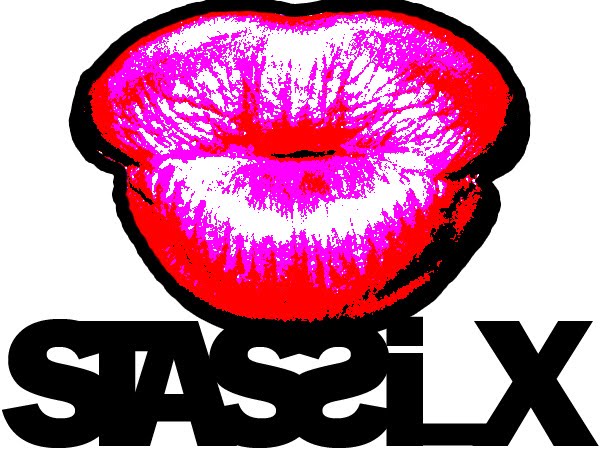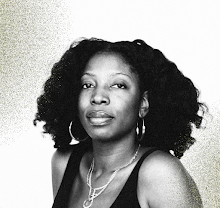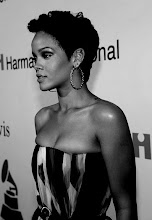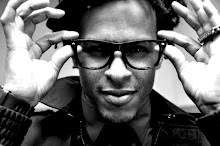
TGIF.
So, when did a trip to my local CVS turn into a learning experience about racial targeting?
That would have to be yesterday.
Three friends and I made a stop to a CVS near Howard University in Washington, DC to pick up a few things when we came across a strange sight in the toy and candy aisle. It was a brown-skinned doll with curly (a.k.a. nappy) in a pretty yellow box with the name KENYA across the top. At first my friends and I thought this was a bit funny...that is, until we kept on reading.
Right under the black doll named Kenya, of all things, was another bit of text that read, "Growing Up Proud." That made us start shaking our heads as we continued laughing. However, after getting through "Curly Hair is really great! Magic Lotion makes it straight," then "Braid it, braid it," and finally "Making Kenya pretty makes you feel pretty too," the laughter stopped.
We could not believe something so stereotypical was being put on the shelves of this store, trying to attract buyers. As one friend argued, this was just another marketing strategy. Since the area surrounding this particular CVS was predominantly black, the product would have a greater success there. The company, UNeeda (whose website is http://www.uneedadoll.com/, smh...), even tried to make this doll more diverse by adding on the box, "Kenya comes in 3 different skin tones!" By the way, all of these skin tones would be undoubtedly associated with the black race.
The rest of us weren't buying it, and neither were some other shoppers that day. We asked a middle-aged woman in the store if she would buy the Kenya doll for her child, and she quickly shook her head no. Later that day, we asked a teenage father if he would buy the Kenya doll for his daughter and he quickly ended that discussion with a "hell no."
To our advantage (or disadvantage, as we would later find out), there were representatives of either the CVS company or other CVS branches dressed up in suits and ties and walking around the store. It must have been a field trip. We snatched the doll from the shelf and approached both a black and white male from the field trip group with our concerns about the doll and why it was on the shelves of this CVS. We argued that it was borderline racist, very stereotypical, and trying to reinforce the fact that black females have to change themselves to appear beautiful. (Ladies and gents, even though curly hair is "really great," magic lotion to make it straight? Cough cough, that sounds an awful lot like a perm to me. And on the side of the box, it made sure to include that putting it back in water will return the curls. Like, come on.)
Anyways, as the black man in the suit was shaking his head in disapproval of the product, the white man in front of him told us that we were taking it too sensitively and laughed it off and walked away.
Take it sensitively? We may or may not have been, but the Kenya doll has been deemed as coonery.
That's just the way I see it.
~Stassi X.








